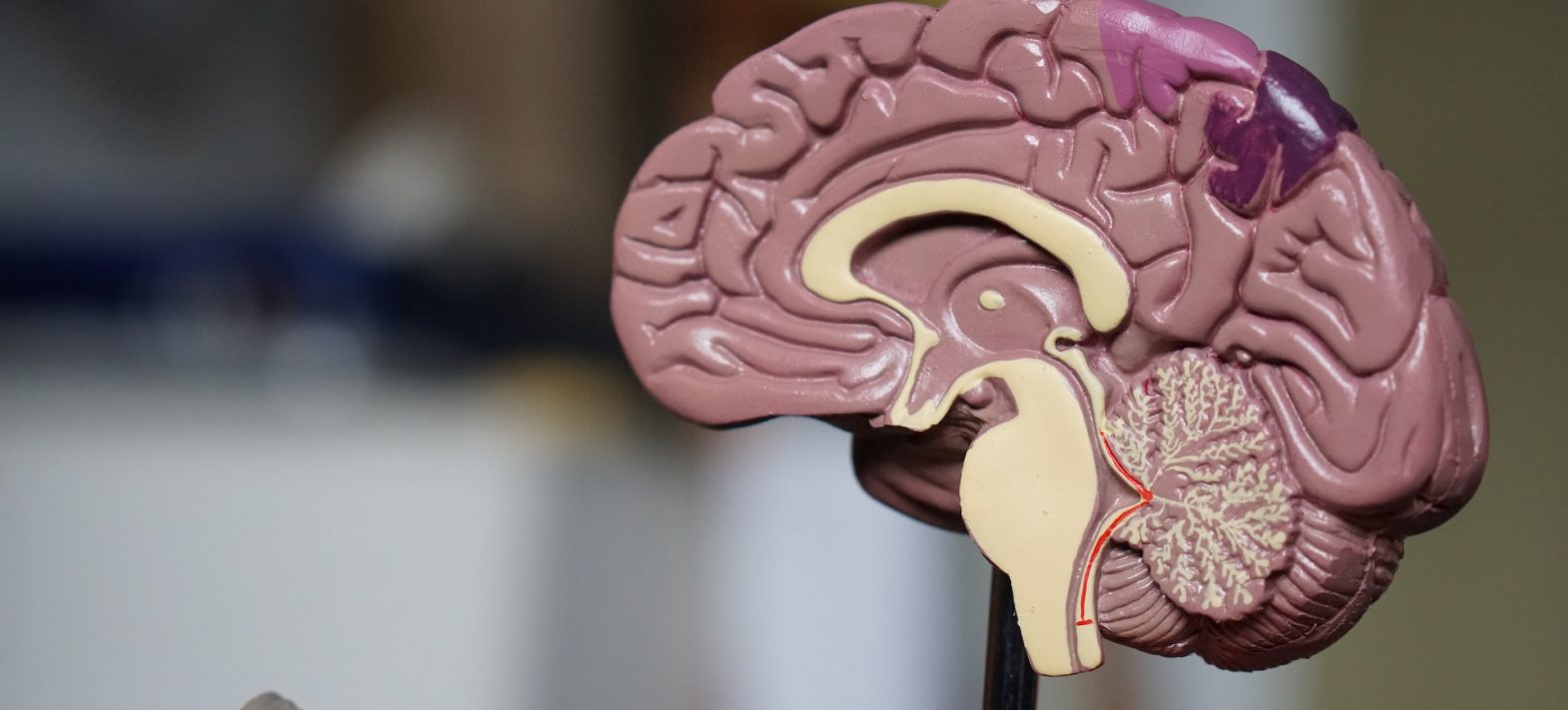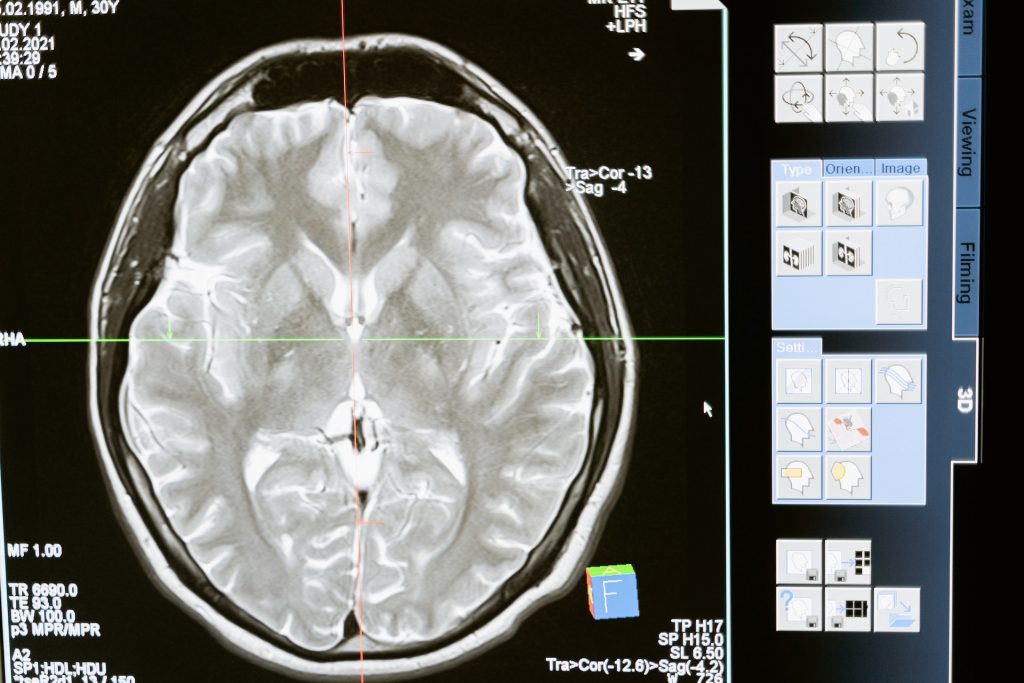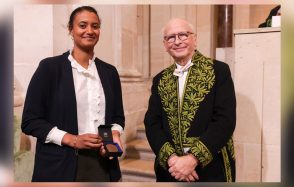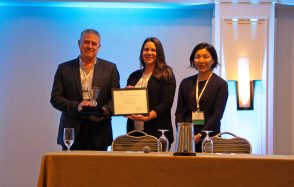Using zinc isotopes to trace Alzheimer’s disease
Two Sorbonne Paris Cité University researchers, Frédéric Moynier, from the Institut de Physique du Globe de Paris, and Marie Le Borgne, from the Vascular Translational Research Laboratory at Bichat Hospital (UMR 1148 - INSERM), have used a specific method originally developed to study the formation of the Earth for medical purposes: the measurement of zinc (Zn) isotopic variations.

© Robina Weermeijer on Unsplash
Publication date: 28/03/2017
Press, Research
Related teams :
Cosmochemistry, Astrophysics and Experimental Geophysics (CAGE)









